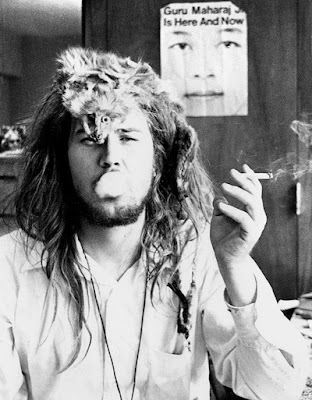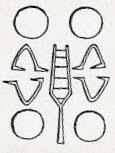Wednesday, October 10, 2012
Monday, September 10, 2012
Seven Moments of Ross
May be shared with attribution
Monday, August 27, 2012
Seven Moments of Ross
May be shared with attribution
a jazzy ode to "going for it."
Cause if you lose your dream
Give it all you've got
Is he who does not try...
Scenes included:
Tuesday, August 14, 2012
Seven Moments of Ross
May be shared with attribution
Thursday, August 9, 2012
Seven Moments of Ross
May be shared with attribution
Monday, August 6, 2012
Seven Moments of Ross
May be shared with attribution
"Everyone gets everything he wants..."
(all over the lens dammit).
Friday, July 27, 2012
Seven Moments of Ross
May be shared with attribution
On such occasions Ross would get steamed, but he hated direct conflict. With his friends he used passive aggressive barbs and jibes, but that kind of subtlety was lost on Sam, who would just stare at him with glassy eyes and emit fumes.
Wednesday, July 18, 2012
Seven Moments of Ross
7. A Universe
by MJ Vilardi
I first met Ross McConnell at Antioch College in the '70's; I was recovering from a long night of partying; laid out in my room in decrepit North Hall, my head was spinning, as college students' heads will do. BANG BANG BANG! The quiet of my darkened chamber was shattered by a noise too loud to be real. Someone was slamming my door with a hammer! That can't be. Through the peephole I spied a bearded shaman-looking guy with a fox's head in one hand, and a hammer in the other. I opened the door and asked what the hell he was doing. When he explained that he was trying to nail a foxface to the door I offered to help, and we quickly had the job done. We became fast friends, with similar interests, and taught a couple of classes together.
One warm night, hanging around in the common room in North Hall, I heard a scream. A girl ran by, pursued by the weirdest bug I've ever seen. Its body was long and thin, about three inches long, and it had big gossamer wings, like a dragonfly's wings. But its most shocking feature was the eight-inch red wire-like protuberance hanging from its rear end. This was some bug from hell! I sprang into action, heroically swinging at it with the magazine I'd been reading.
"MJ! Stop!" It was Ross. I hesitated. "That's a Universe," he said. We found a plastic bag and caught the strange creature, then took him outside and let him fly back to the Mountains of Madness or wherever he came from.
Years later, Ross and I heard that a good friend of ours, Jay Shepard, who'd been in the class we taught, and had joined us on the long trek to San Francisco for the class field trip, had died. Stabbed by a mugger in Pittsburgh. Jay was a great guy, and we'd had many of those late night dorm room conversations, speculating about the nature of life and death and reality.
"Just think MJ," Ross said, "Now Jay knows. He knows what it's like."














